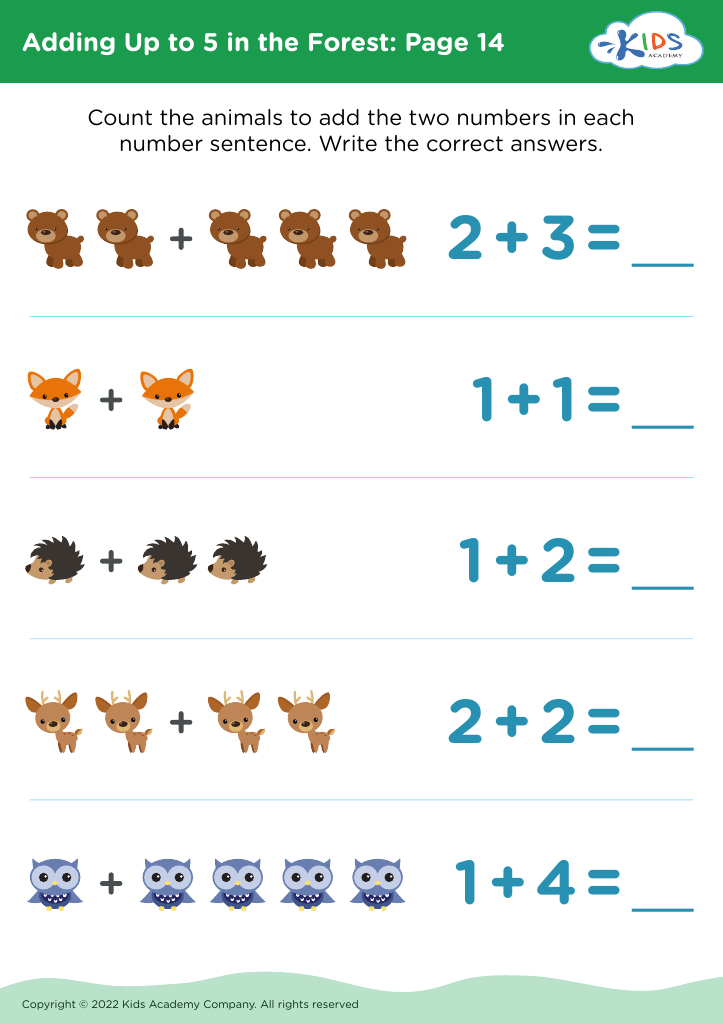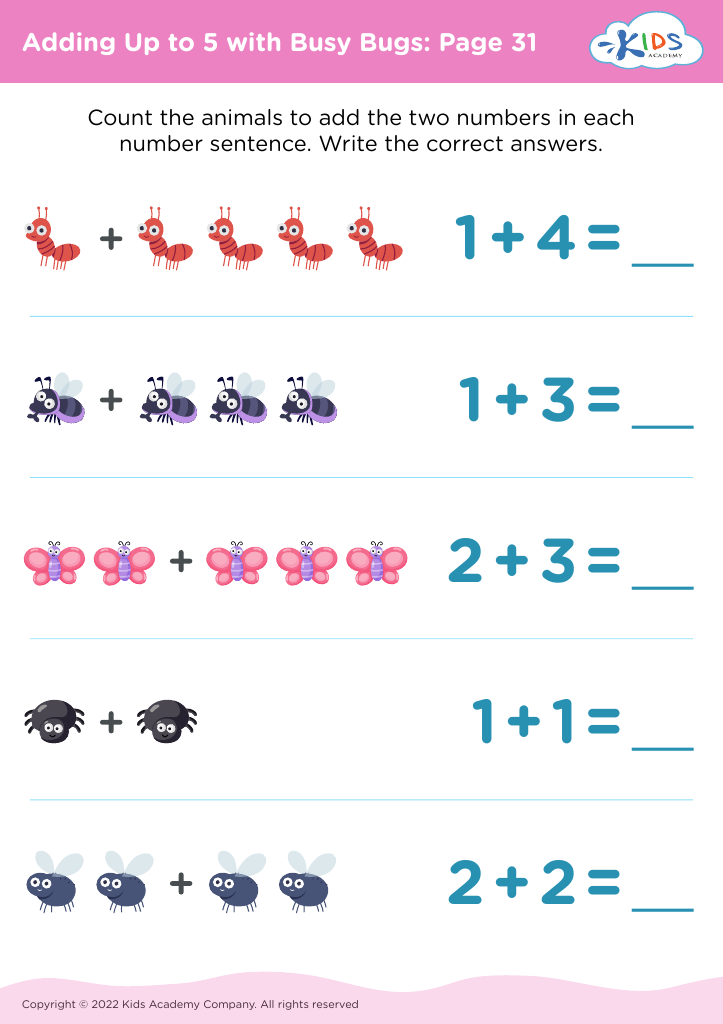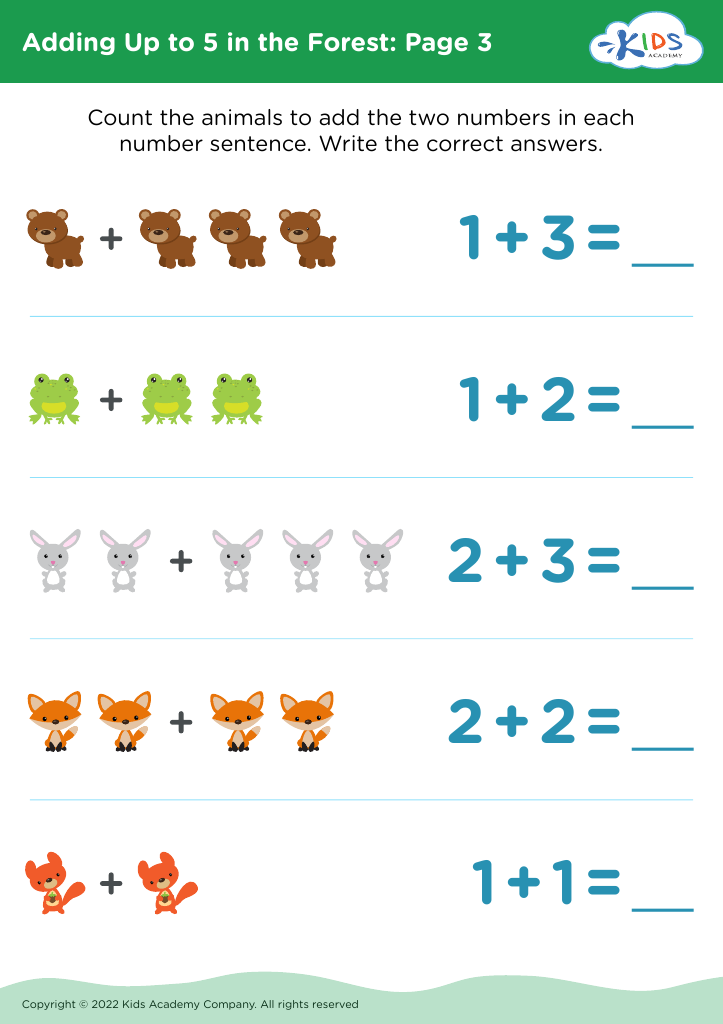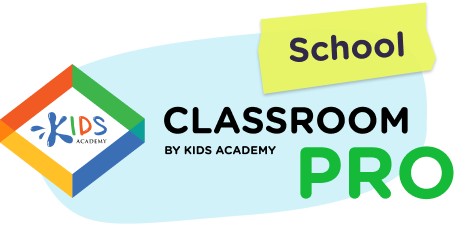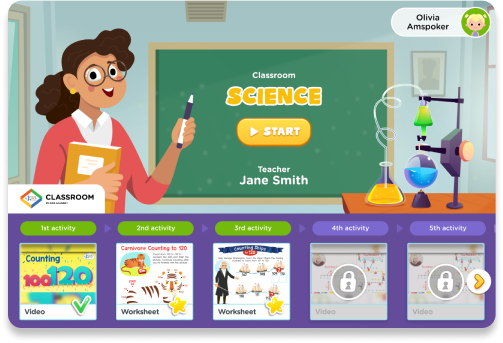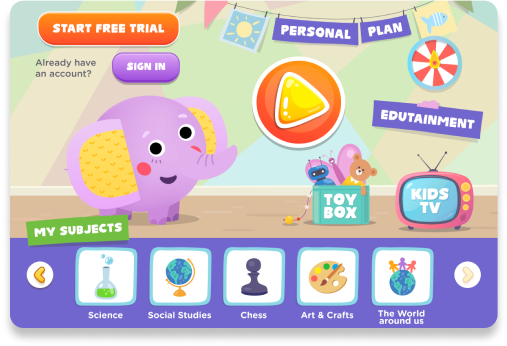Fine motor skills (drawing lines) Worksheets for Ages 3-6
7 filtered results
-
From - To
Explore our engaging Fine Motor Skills Worksheets designed for children ages 3-6! These creative activities focus on developing essential fine motor skills through drawing lines, which is crucial for handwriting and coordination. Each worksheet features fun and interactive exercises that encourage kids to trace, connect, and create with colorful images. Perfect for preschoolers and Kindergarteners, our printable resources motivate young learners and foster their confidence in managing writing tools. Support your child’s growth while making learning enjoyable. Visit our page to discover a variety of worksheets that promote hand-eye coordination, dexterity, and creativity—key building blocks for future success in writing and beyond!
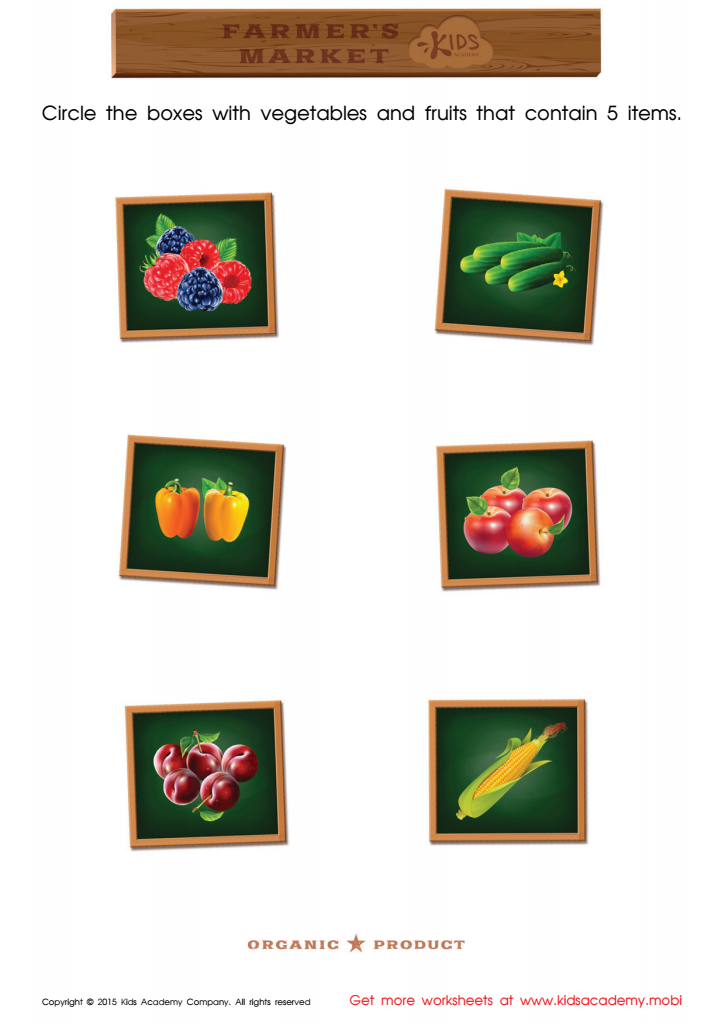

Count and Match Vegetables 1 – 7 Math Worksheet
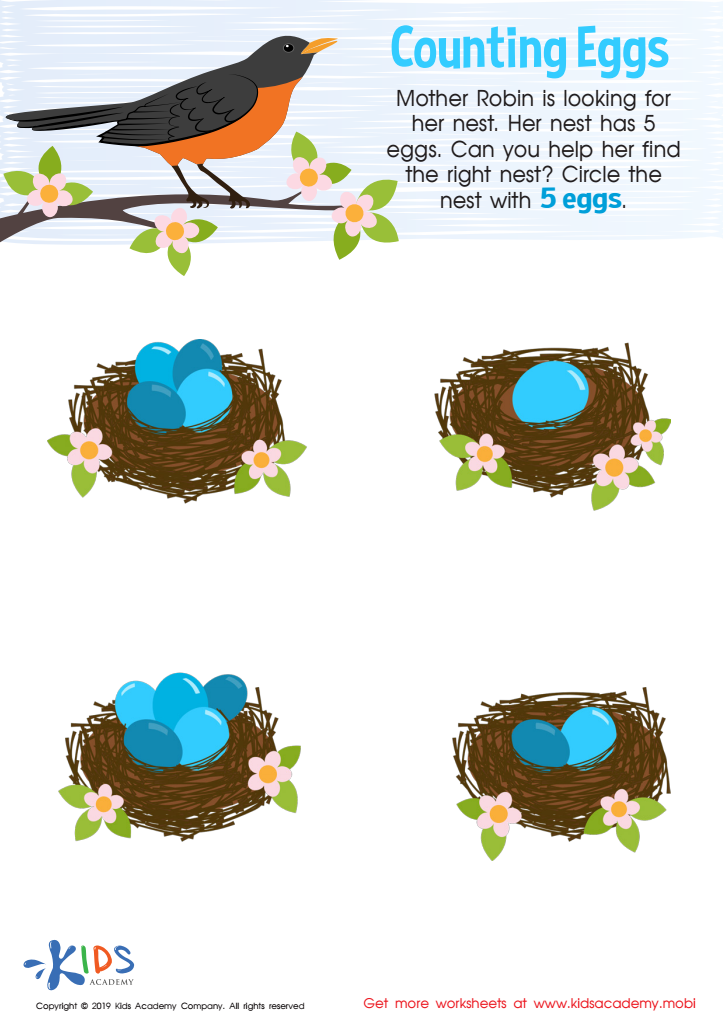

Counting Eggs Worksheet
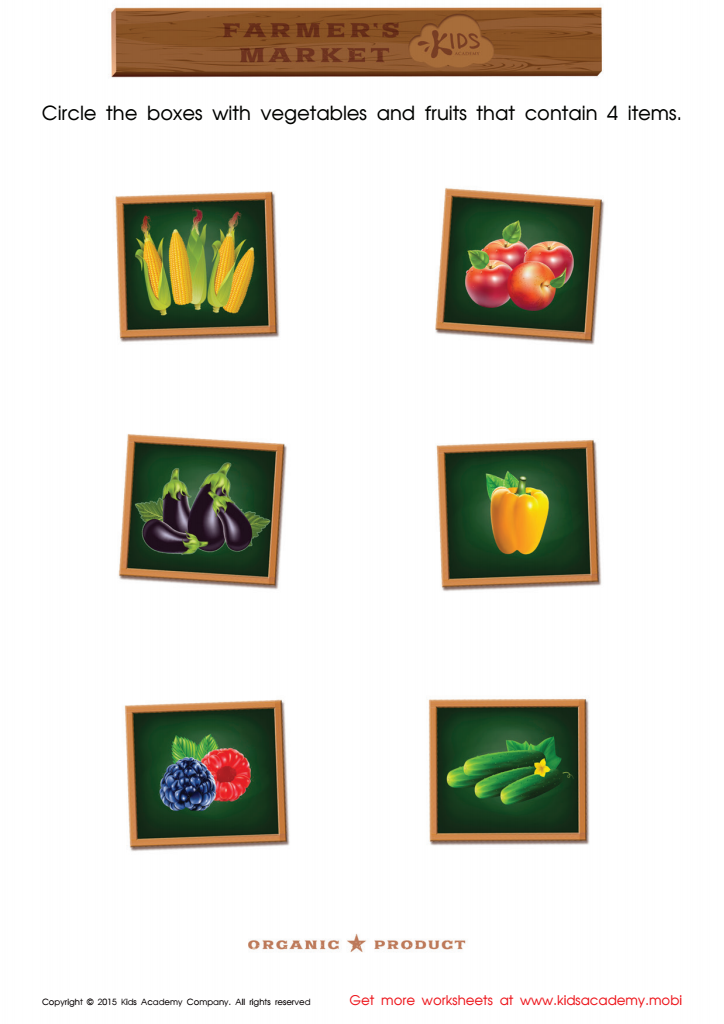

Count and Match Vegetables 2 – 8 Math Worksheet
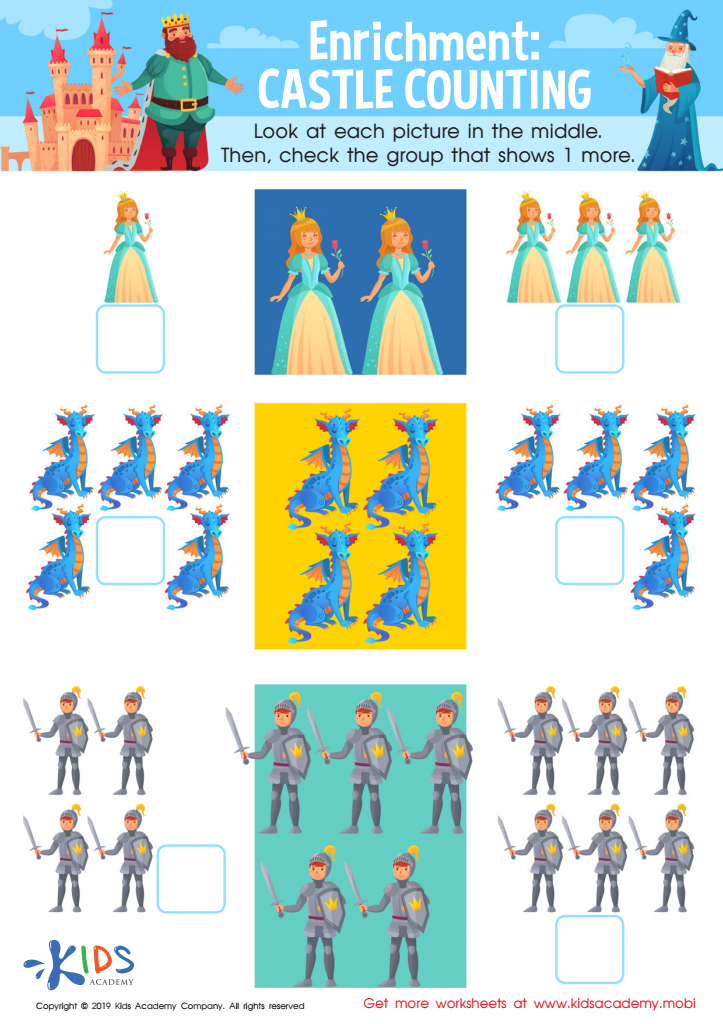

Enrichment: Castle Counting Worksheet
Fine motor skills are crucial for children aged 3-6 as they form the foundation for various everyday tasks and future academic skills. During these formative years, children are developing the small muscles in their hands and fingers necessary for tasks like drawing, writing, and using utensils. Drawing lines, a key fine motor activity, enhances hand-eye coordination, precision, and control, which are essential as they progress in their educational journeys.
Furthermore, engaging in activities that promote fine motor skills can foster creativity and self-expression in young children. When they practice drawing lines and shapes, they experience a sense of achievement and boost their confidence. This is especially important at this age when children are beginning to explore their individuality through art.
Parents and teachers who recognize the significance of fine motor development can incorporate playful and engaging activities such as coloring, cutting with safety scissors, and playing with clay. This not only supports their child's physical development but also promotes cognitive advancement, as children learn to focus, follow instructions, and express their thoughts verbally. Ultimately, supporting fine motor skills helps prepare children for the learning challenges that lie ahead, equipping them with essential tools for success in school and life.
 Assign to My Students
Assign to My Students
